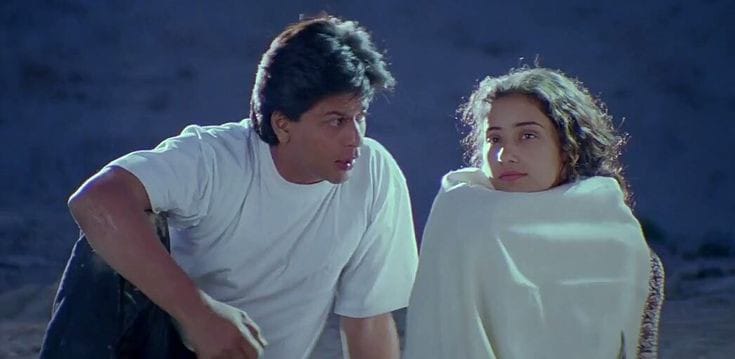Exploring the impact, pitfalls, and promise of film reviews in an era of subjectivity and scrutiny
I wouldn’t want to start about the rollercoaster of a ride film industries across the world have gone through. From mono-acting to mute films, monochromatic to the highest quality print, they have proven themselves to be among the best forms of entertainment for people. And somewhere, along with the development of films, we’ve learned how to sharpen our perspectives and ideologies too, providing the filmmakers with feedback almost in real time.
A few writers would describe movies of this generation as the love child of theatrical drama and music. I can’t agree more. There were times when people waited patiently in the mornings to grab their copies of newspapers or weekly magazines to look for the latest film’s review. Although film reviews and reports are at our fingertips today due to technological advancement, our love for films hasn’t gone down at all. We love our OTTs just as much as we once obsessed over the classic theaters. I might lament that rotten tomatoes and IMDb ratings have been the driving factors for a lot of film lovers, not the plot or cast. Numbers toy with the film’s fate today.
But do these critiques and reviews serve as a dynamic lens that provides a wonderful opportunity for fans and the audience to engage with the film and its filmmakers, or do they open doors for more scrutiny and negative influence? This article will guide you through the advantages and disadvantages presented by the multifaceted practice of movie criticism.
The release of almost every film brings with it a platter of reviews and reports from a number of people, along with enthusiasm. In a country like India, films are taken very seriously and are analyzed from a critical perspective. However, this might lead to a very common issue. It goes without saying that the evaluation of art and perspective go hand in hand. Every single person in the audience watches the film with a very subjective opinion, and their vantage point may not align with another person, making it challenging for audiences to discern the reliability of reviews.
The world of movie criticism is a double-edged sword, offering valuable insights into the cinematic realm while simultaneously grappling with the inherent subjectivity that accompanies art evaluation
Reading reviews and basing judgements solely on the critiques may not be advised. The review may also act as a lens for the viewer, carving their frame of mind to fit the critic’s. What’s more, there are chances of the writers aimlessly dropping spoilers through their reviews, which may absolutely diminish the movie experience for a lot of people.
Pushing the negatives aside, it goes without saying that criticism and reviews never fail to keep the film culture and the movie industry diverse as they foster discussions and new frames of mind. These encouraging debates and opinions are welcomed, promising diversity within the film industry. The film’s plot and shades are refined through in-depth analysis. Contemplations and conspiracy theories always brew more discussions, which in turn help the audience get a better insight into the characters and themes. Moreover, it turns into a knowledge hug for the viewers, as many people learn about history and new genres. Critiques throw light on what goes into making films as well as filmmaking techniques.
That being said, let’s never rule out the impact of negative criticism that began to spread after the birth of cancellation culture. It isn’t news if a filmmaker’s career is demolished into the mud after one sly review. We aren’t surprised anymore; some reviewers and critics have set a price for every review, positive or negative. We watch with pain as corruption slowly makes its way into the criticism column.
Pushing aside the overemphasis on the commercial merit, which might kill the artistic elements of the film, reviews may do a wonderful job encouraging the entire film crew. Reviews and rating help transcend language, genre and plot. Though I wouldn’t want to mention the nightmares presented on a decorated platter, it establishes careers and acts like the much-needed ‘pat on the back.’
In conclusion, the world of movie criticism is a double-edged sword, offering valuable insights into the cinematic realm while simultaneously grappling with the inherent subjectivity that accompanies art evaluation. A critical analysis of the film is very essential, as each and every review promises to leave a heavy stamp on the film, the art beneath it, and the people who dedicate their lives to honing this craft. Here’s hoping democratization doesn’t ruin the critiques. Here’s to many more years of films
***********************************************************************
Readers











